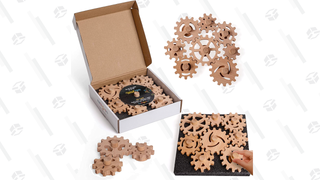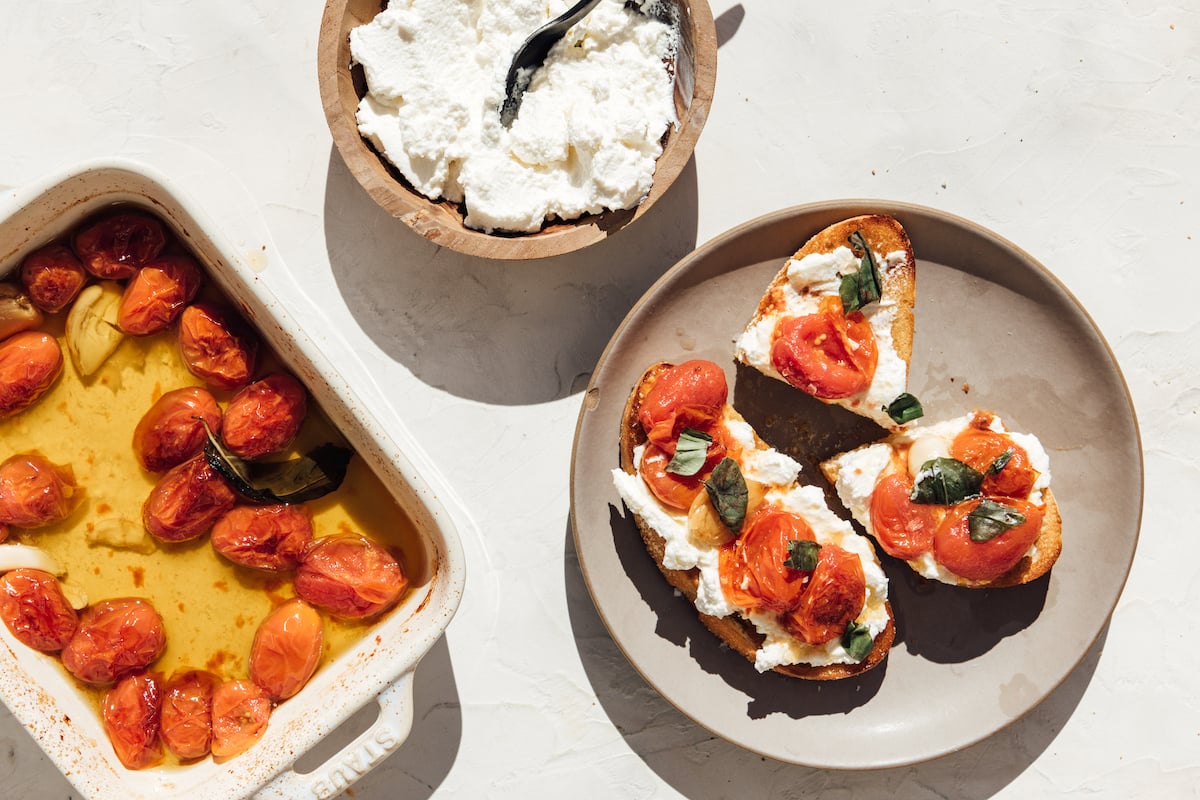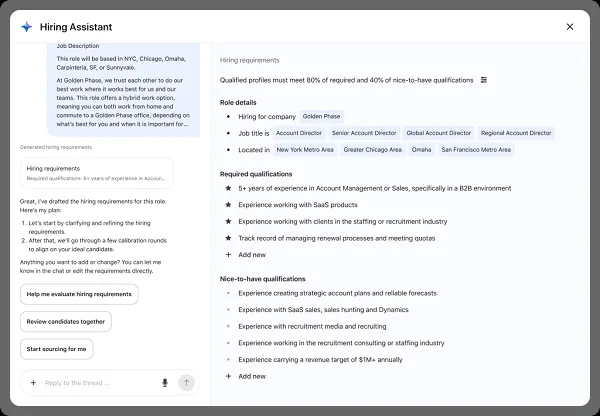How to Fool Your Family With a Store-Bought Pie Crust
The holiday season is the perfect time to lie to your family. Whether it’s “no presents this year,” or giving everyone an extra slice of the “low-fat” cheesecake, I know you have your reasons. Now we’ve got a whopper...


Photo: LightField Studios (Shutterstock)
The holiday season is the perfect time to lie to your family. Whether it’s “no presents this year,” or giving everyone an extra slice of the “low-fat” cheesecake, I know you have your reasons. Now we’ve got a whopper to lay on your annoying pastry chef cousin: “This crust is from scratch.” Here’s how to manipulate a store bought pie crust so that you can effectively fool your family into thinking you’ve got pastry skills.
The best liars believe their lies, but to enjoy a good hoodwink, you have to invest in your deception by going all in. That means a good story, and the appropriate details in the right places. We’re talking taste, bakeware, and shape. A store bought pie shell is a great way to lighten the load on baking days, but it’s a near necessity for folks who struggle with pastry. There are many big name brands out there and a handful of them are terrible. Luckily, I did the hard work for you and tested out some store bought pie shells that taste good and bake up nicely. Choose one that is already rolled and fitted to a 9-inch aluminum dish, and deep-dish is even better.

Post pie-dish swap. Machine-crimped edge.Photo: Allie Chanthorn Reinmann
Once you’ve brought home your pie shell of choice, put it in the freezer for 10-20 minutes. It needs to be pretty firm for this next part, because it’s time to put together the perfect disguise. The aluminum pie pan means you don’t have to roll out pastry, but it’s a dead give away. Once the crust is firm, loosen the edges and begin to peel away the aluminum dish. The edges are stamped, so that’s usually the annoying part, but once you’ve freed them, the rest of the dish pops right off. Place the naked crust into your glass, ceramic, or metal pie dish of equal (or close to equal) size. Leave the pie shell at room temperature, or in a slightly warm place, for about 30 minutes to warm it up. (I left mine in the above-stove microwave and turned the stove light on, because it gets pretty toasty in there.)

Photo: Allie Chanthorn Reinmann
Once your crust has warmed up enough to be soft and malleable, make sure it is fitted into the pan all the way around; press the pastry with your fingertips from the center moving outward, essentially stretching the dough out to close up any gaps. Now there’s only one thing left to do: Get rid of that perfect machine-crimped edge.

Photo: Allie Chanthorn Reinmann
Smash the edge of the pie crust with your fingers to flatten out any design that was there from the factory. This will also warm up the fats in the crust to make it more pliable. Once you’ve erased their marks, make your own. Might I suggest the old-fashioned way? Simply press all around with the tines of a fork, or crimp it with your pointer finger, pressing into the wedge-space of the thumb and pointer on your other hand. Don’t strive to be perfect; a little inconsistency will make it look handmade. Fill and bake as intended, or chill in the freezer for future use. When your cousin asks you what recipe you used, just say you got it from Lifehacker. Easy peasy. It’s true what they say: It gets easier every time you do it. Pie shaping, that is.

 Konoly
Konoly 

































